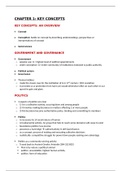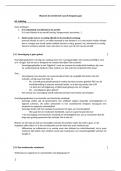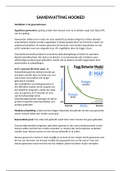Samenvatting
Introduction to comparative politics summary
- Instelling
- Universiteit Leiden (UL)
This is an amazing summary of the book that is compulsory for Introduction to comparative politics. I used this summary and got a 40/40 for the exam. Trust me, it is thorough and contains all the essentials you should know.
[Meer zien]







